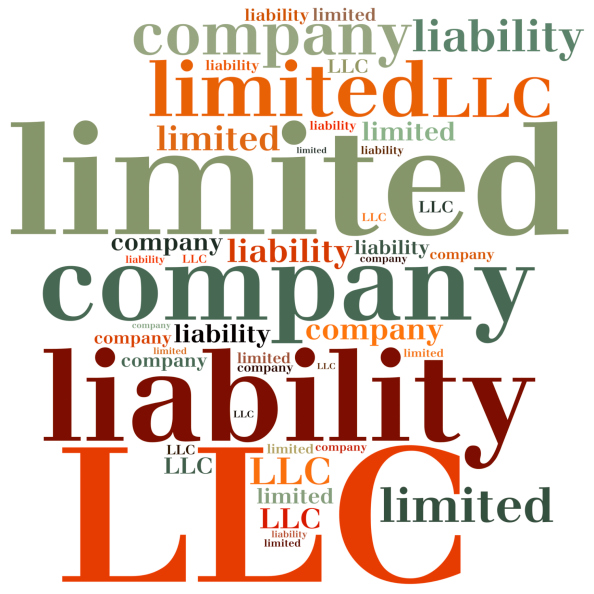By Cliff Ennico
When your limited liability company (LLC) starts attracting investors, you will need to adopt a more formal way for people to own, operate and manage the company.
Last week’s column suggested some basic changes, including:
- Adopting a Board of Managers to run the company day to day;
- Giving owners “units” of membership interest (like shares of stock) rather than percentages; and
- Dividing those units into “voting” and “nonvoting” classes, with the former to be held by those who actually participate in the company’s business.
Having put these basic provisions in place, it’s now time to consider some “extras” that, while not essential, may help ensure that your investors don’t gain control of your company.
“Preferred” Units for Your Investors. You can create a class of “preferred” units (similar to preferred stock in a corporation), giving your investors the right to get their money back before anyone else does if the company goes under and liquidates. The easiest way to do this is to put a provision in your Operating Agreement giving the Board of Managers authority to “designate one or more classes of preferred shares having such terms and conditions as the Board may determine at the time of issuance.” That way the Board has the flexibility to negotiate terms with individual investors on a case by case basis.
Your preferred shares should be convertible into common shares at any time at the investor’s option, and you should have the right to “redeem” or repurchase the shares – give investors their money back plus a guaranteed return — when you are financially able to do so.
“Supermajority” Voting Provisions. Up to now you and your partners have been able to make decisions by majority vote, but your minority investors may want to have a say in (or the right to veto) major business decisions such as the issuance of new shares, mergers and acquisitions, capital spending decisions, and bankruptcy filings.
You can add a provision to your Operating Agreement saying that certain specified acts require a “supermajority” vote of the members – usually two-thirds (66.66%) or eighty percent. Be sure not to set the number so high that owners of small numbers of shares have the ability to hold up important decisions when they need to be made.
“Tagalong” and “Dragalong” Provisions. Minority owners always fear being “left behind” if the majority owners decide to sell their shares to another company, especially if they have nonvoting shares and cannot participate in the decision to sell out. A “tagalong” provision requires the majority owners to give minority owners the opportunity to sell their shares at the same price per share that the majority owners will receive. Make sure the provision applies only if the majority sells to an “unaffiliated third party” – an internal corporate reorganization for tax purposes, or converting to a corporation, should not trigger the “tagalong” right.
What if someone wants to buy your company but doesn’t want to have to deal with minority owners at all? A “dragalong” provision allows the majority owners to require minority owners to sell their shares at the same price per share that the majority owners are willing to accept.
Make It Hard for Them to Fire You. When companies change ownership, the company founders are often forced out of their positions as managers. To forestall that as unattractive as possible, you should make it as hard as possible for someone to “vote you off the island.”
For example, the members should not be able to remove you as a manager or officer of the company without “good cause,” defined very narrowly as either (1) your decision to quit the company or (2) your conviction of a crime involving “moral turpitude” such as embezzlement or fraud. Or you could require a “supermajority” vote to terminate a founder’s employment, with the founder’s vote included in determining whether the “supermajority” has been met.
Keep in mind, however, that these provisions may backfire if you realize one of your partners has gone over to the dark side and needs to be terminated.
When All Else Fails, Consider a Corporation. There will eventually come a time when it will be extremely awkward and cumbersome to operate as a limited liability company (LLC). LLCs were originally intended for small family-owned businesses, not fast-growing technology companies. If you foresee rapid growth for your company in the next year or two (and, if you do, congratulations!), you might be better off converting your LLC into a corporation now – perhaps an “S corporation” so profits and losses will continue to flow to your personal bottom line for at least a while.
If you have authorized a large number of “units of membership interest,” however, be careful. When you convert to a corporation, and those units convert into an equal number of corporate shares, you may have to pay a franchise tax on those authorized shares amounting to thousands of dollars.
Cliff Ennico (cennico@legalcareer.com) is a syndicated columnist, author and host of the PBS television series ‘Money Hunt’. This column is no substitute for legal, tax or financial advice, which can be furnished only by a qualified professional licensed in your state. To find out more about Cliff Ennico and other Creators Syndicate writers and cartoonists, visit our Web page at www.creators.com. COPYRIGHT 2015 CLIFFORD R. ENNICO. DISTRIBUTED BY CREATORS SYNDICATE, INC. @cliffennico.







